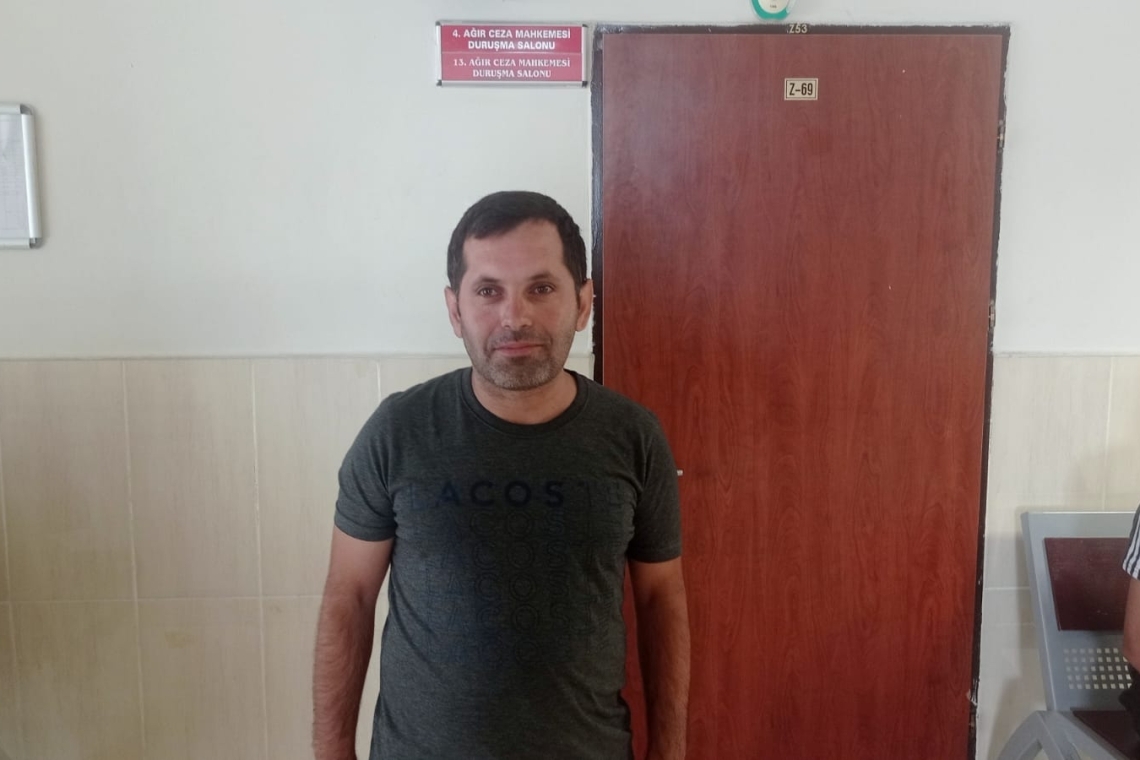Journalist Mehmet Güleş acquitted in trial over social media posts
Journalist Mehmet Güleş was acquitted in the first hearing of his trial, where he faced charges of "making terrorist propaganda" due to five news posts shared on his social media account. The Mezopotamya Agency (MA) reporter had been facing a possible prison sentence of 1 to 5 years.
The trial took place at Diyarbakır 4th High Criminal Court, with both Güleş and his lawyer present. Journalists attended the hearing to show support. During his defense, Güleş confirmed that the account used to share the posts belonged to him. When asked by the court why he shared the posts, Güleş explained that he was a journalist and had shared the news to increase visibility. He noted that the posts were based on articles published by MA, one of which he had written himself, and that none of the stories had been subject to a court-ordered access ban. Güleş denied the accusations and requested acquittal.
His lawyer, Resul Temur, argued that Güleş's actions fell within the scope of journalism and that sharing news on social media should not be considered a crime. Temur pointed out that the case was initiated as a result of police surveillance through the now-defunct "Virtual Patrol" program, which was invalidated by the Constitutional Court in 2020. He further stressed that the shared posts did not exceed the bounds of news reporting and that there was no access restriction on the articles.
Despite the prosecutor's request for Güleş to be convicted of making terrorist propaganda, Güleş maintained his innocence, asserting, "I am a journalist. I do not accept being punished for my reporting. Journalism is not a crime. I request acquittal."
After a short recess, the court ruled that the legal elements of the alleged crime were not present and acquitted Güleş of all charges.
Background of the case
The investigation into Güleş began after the Balıkesir Police Department submitted a report to the Diyarbakır Chief Public Prosecutor’s Office based on their "Virtual Patrol" surveillance of social media. The indictment accused him of "making terrorist propaganda" for sharing five articles published by MA on his X (formerly Twitter) account. The articles in question included reports on the display of PKK leader Abdullah Öcalan's poster at a Newroz celebration, photos from Diyarbakır's Newroz festival, and stories about Green Left Party (Yeşil Sol Parti) MPs and the alleged police violence against five children wearing traditional clothes at a wedding in Şırnak’s Beytüşşebap district.



